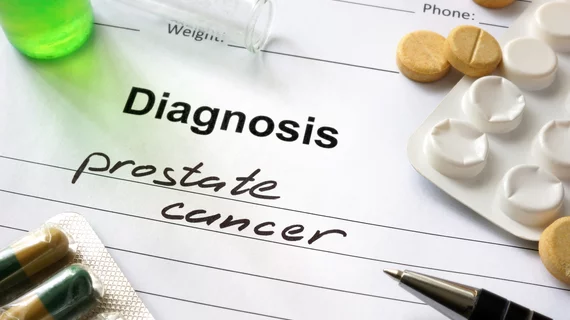Professor wins $1.6M grant focused on lowering tumor recurrence in cancer patients
Researcher J. Quincy Brown, an associate professor of biomedical engineering at Tulane University in New Orleans, has been awarded a $1.6 million grant to develop a rapid microscopy scanner that could ensure cancer patients' tumors are completely removed during surgery. Brown received the four-year grant from the National Cancer Institute of the National Institutes of Health.
“Cancer patients often undergo surgery to remove the tumor as a first strategy for cure,” Brown said in a prepared statement issued by Tulane University. “Removing the tumor completely during surgery is an important goal to achieve. Yet it is difficult to determine in real-time if tumor removal is successful due to the lack of available tools. Leaving tumor behind in the patient can contribute to the cancer coming back and need for additional harmful treatment.”
Brown says the technology could be especially helpful during prostate cancer surgeries. It will scan the prostate for remaining tumors within 10 minutes of surgical removal and provide an image of the entire prostate, allowing physicians to assess if tumors were left behind.
Brown’s team will include engineers, mathematicians and physicians, including urologists and pathologists. Once developed, the researchers will test its efficacy on 250 patients.

